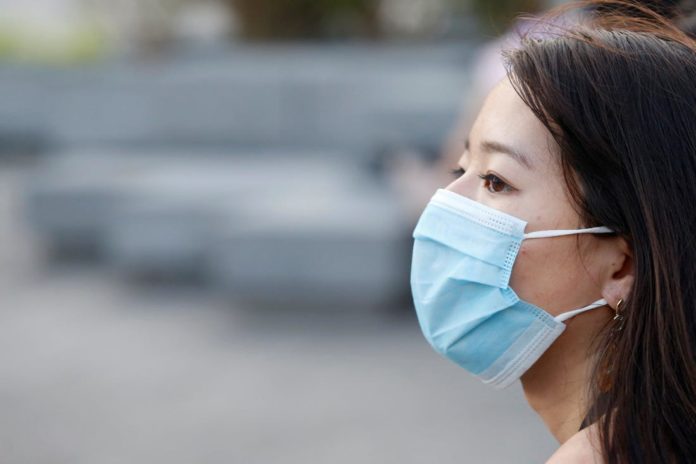Recently, a new report from the city of Daegu in South Korea has reported that fifty-one patients, who had previously been tested positive for COVID-19, hospitalized and discharged after recovery were sent to quarantine again due to symptoms of a re-infection.
The new discovery has caused much concern in South Korea as well as amongst healthcare workers around the world and ignited a new fear of how the virus can be reactivated even after treatment.
Till now, official statistics on COVID-19 show that over one million people have now been affected by the infection and over seventy thousand deaths.
The World Health Organization has reported that the pandemic is still accelerating regardless of the precautionary measures taken by almost all countries which have now reached the point that lockdowns at a national level have been imposed.
Among all other countries, Britain is the latest one to join others in closing down all businesses, educational institutes, and offices. However, the number of cases has still been increasing.
On the other hand, COVID-19 has also spread in various other countries including India and Pakistan. Both the countries have announced nationwide lockdowns and the establishment of quarantine centers for more incoming patients.
One of the primary problems with all countries, including those in Asia and the Western world is the shortage of ventilators and lack of space in hospitals followed by medical staff.
Amidst concerns such as these, the possibility of a re-infection, as seen in the fifty-one patients from South Korea, makes the situation even more difficult.
However, experts from Korea’s Centre for Disease Control and Infection state that the virus in the patients has likely been ‘reactivated’ and they are not, in fact, re-infected. So, the virus may be dormant and may not be diagnosable at certain times.
Currently, it is not clear why the virus can re-activate and there is also no evidence to support this theory. On the other hand, study conducted on coronavirus in monkeys shows opposite results.
Another possible reason why the fifty-one people were re-diagnosed could be due to the wrong results. Health experts have noted that this does happen in one in five patients who take the coronavirus test.
The infectious diseases professor at the University of East Anglia, Paul Hunter, explains ‘I agree that these will not be reinfections but I do not think these will be reactivations. He adds that ‘Personally I think the most likely explanation is that the clearance samples were false negative.
According to Hunter, twenty to thirty percent results of the COVID-19 tests are wrong and that the patients had probably been wrongly tested before being discharged. Therefore, there are chances that the patients never recovered in the first place.
RELATED: Coronavirus Pandemic May Increase Risk Of Childhood Obesity
The Director-General of Korea’s Centre for Disease Control and Prevention, Jeong Eun-kyeong, declared that a team of experts and investigators has been sent to Daegu to look into the fifty-one cases of re-infection.
The first case of a re-infection actually came from Japan, where an elderly woman was tested positive for COVID-19 even after recovery.
On the other hand, a study from earlier in March looked at monkeys and showed that a re-infection is not possible since animals developed immunity against the virus after being infected with it initially.
While this is certainly a cause for concern, the majority of the health experts state that there is a lack of evidence. Additionally, there could also be multiple explanations ranging from wrong testing results to patients not being treated in the first place.
Professor Rowland Kao from the University of Edinburgh says ‘It would seem unlikely that this is a common occurrence, and thus should have only a small impact on the overall epidemic projections themselves.’




